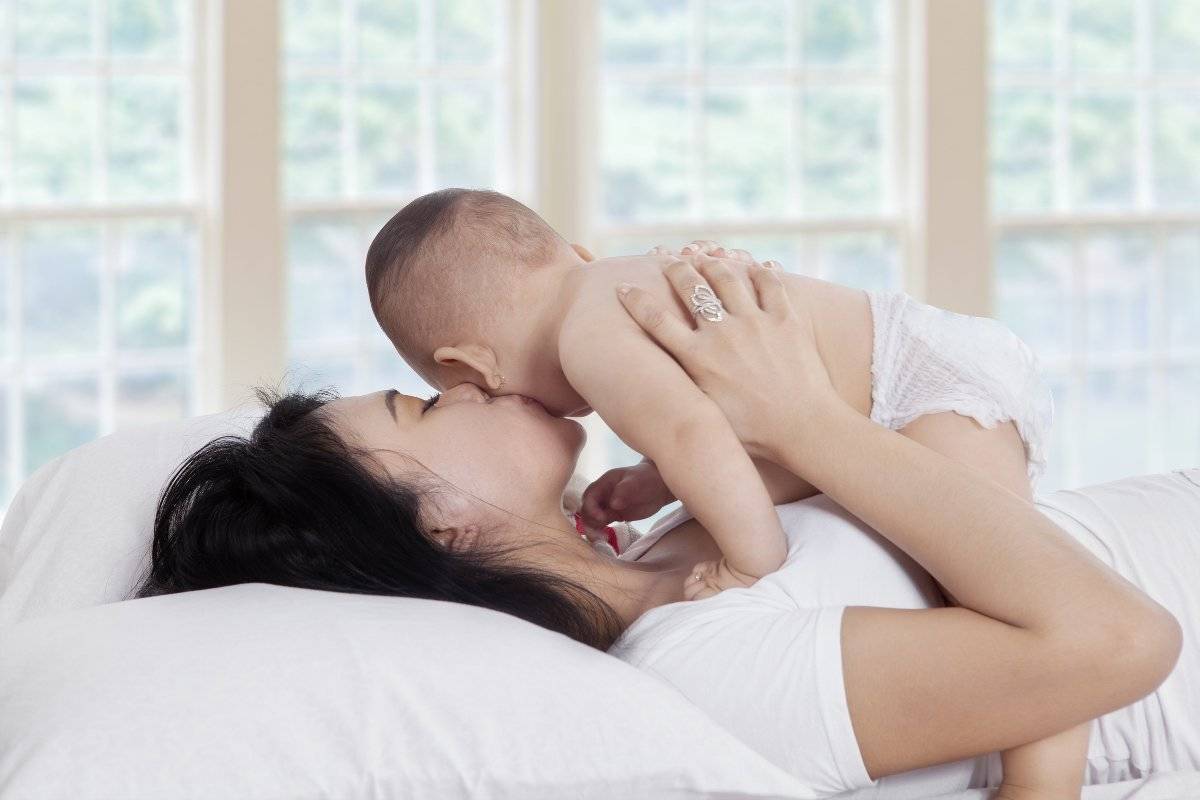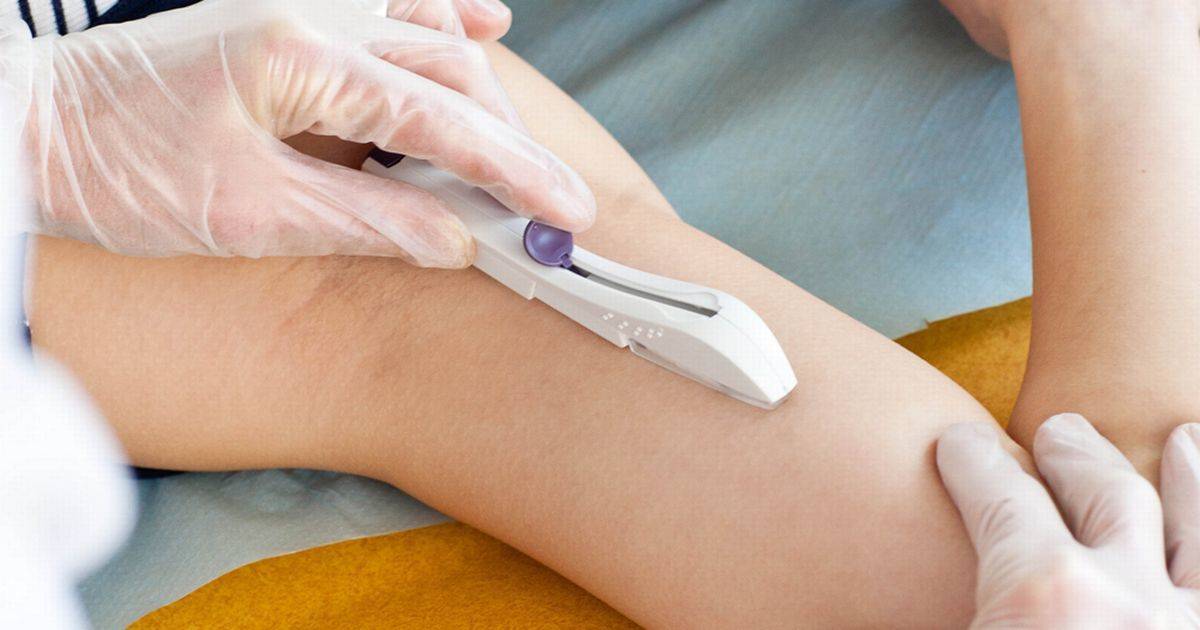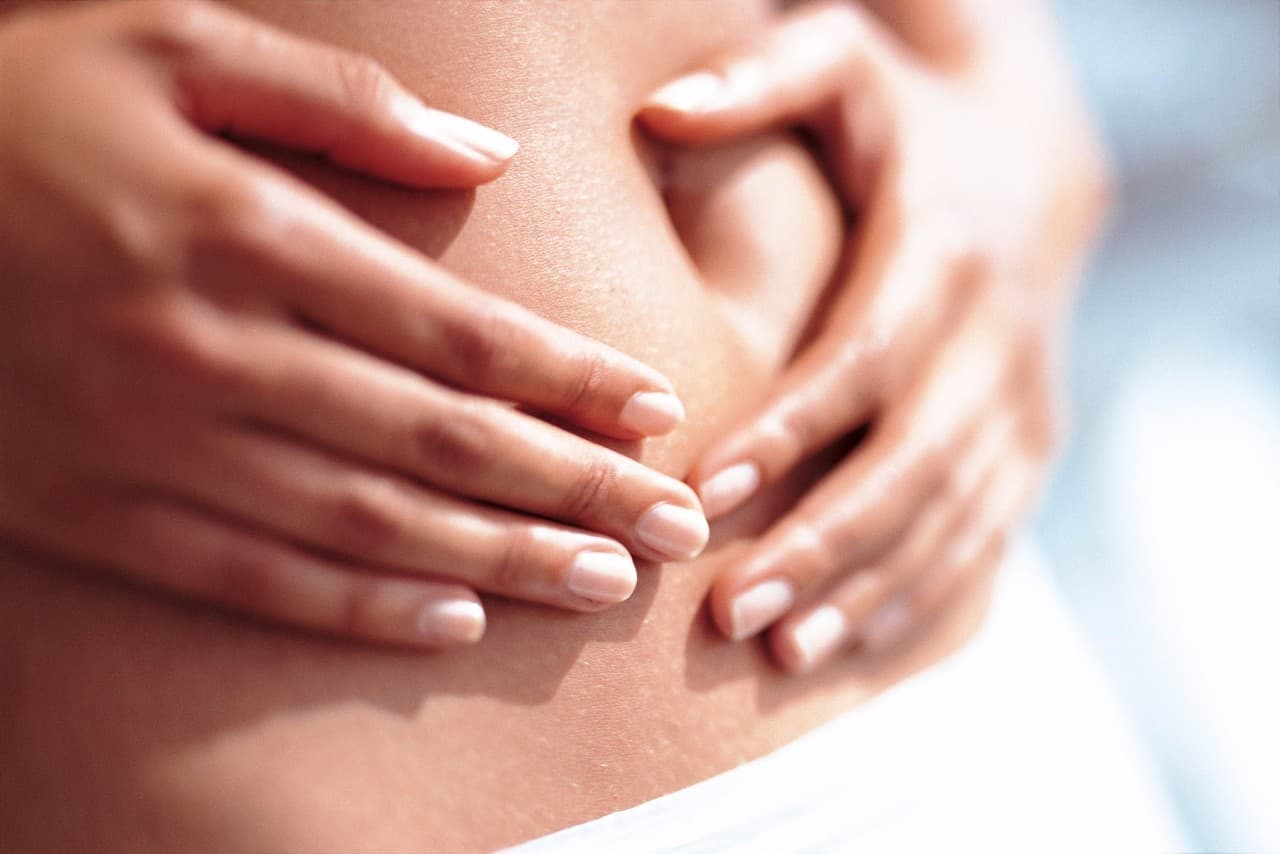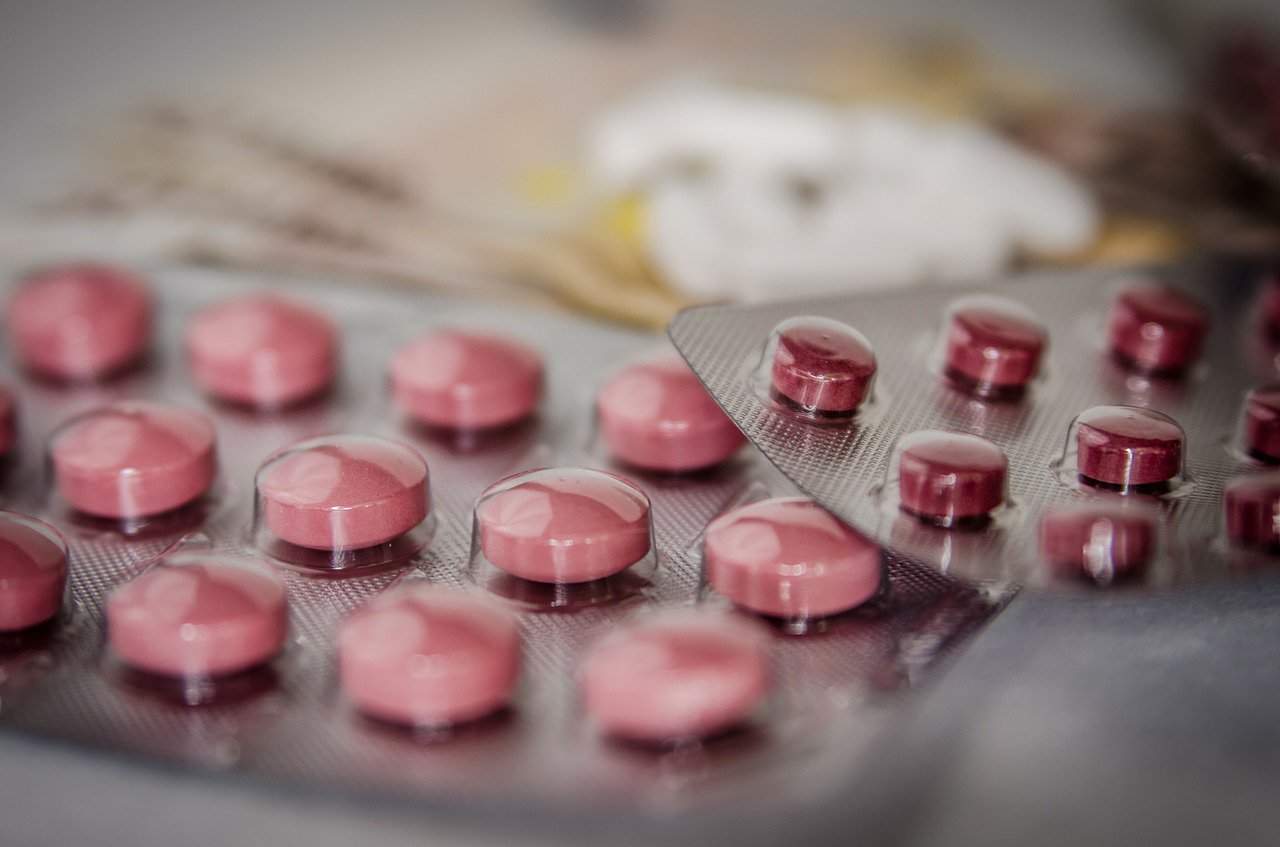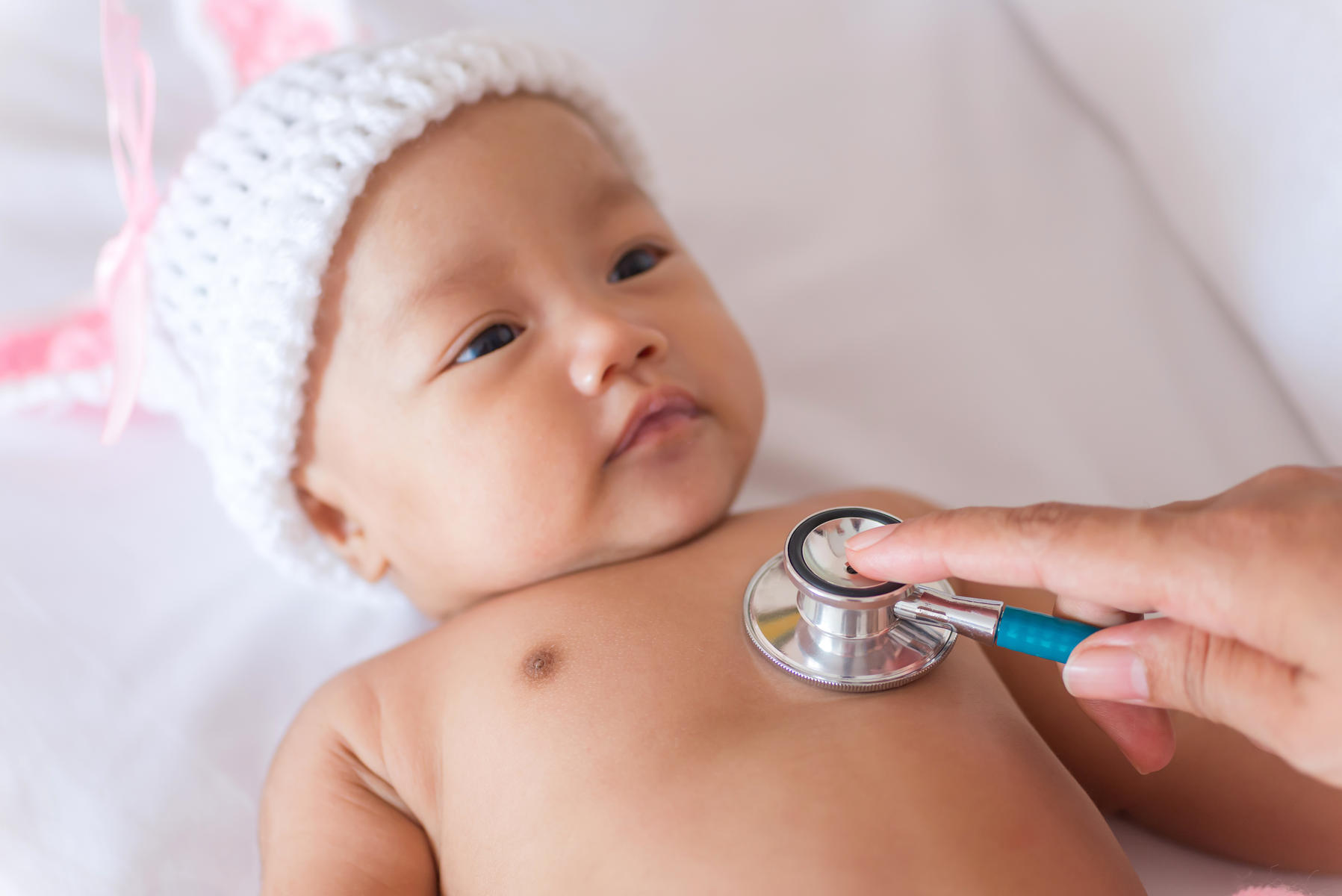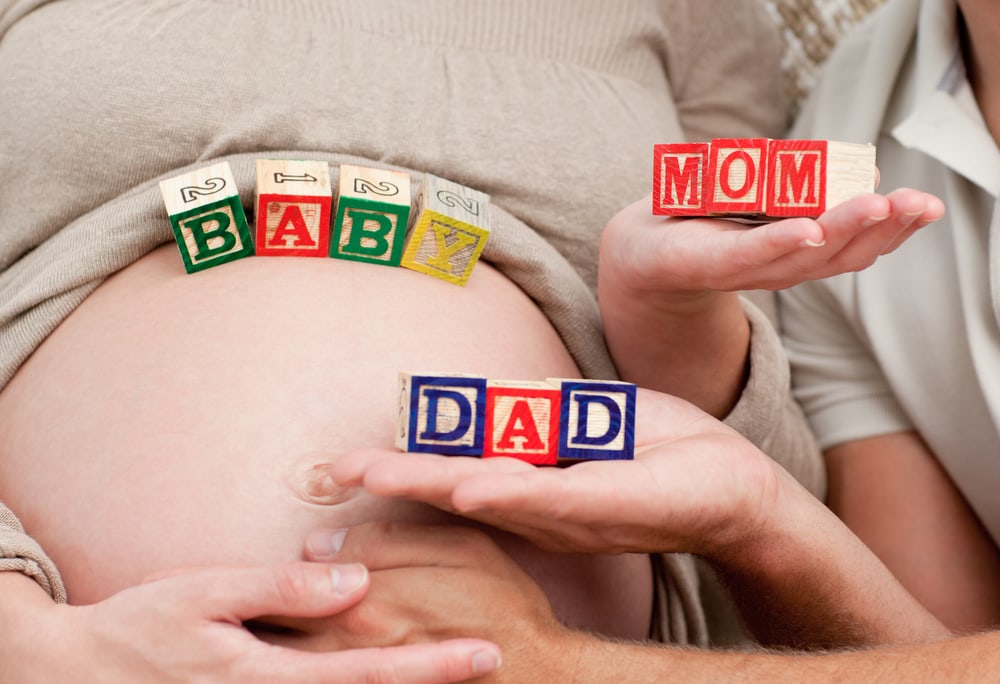Contents:
- Medical Video: Postpartum Care for Mom
- Lokia, blood that comes out during the puerperium
- Differences in the puerperium during normal birth and caesarean section
- What happens to the body during the puerperium?
- Pain in the breast and discharge of breast milk
- Discomfort in the vagina
- Contraction
- Difficulty urinating
- Hair loss and changes to the skin
- Emotional change
- Weight loss
- Which must be considered during the puerperium
Medical Video: Postpartum Care for Mom
Postpartum period is a period calculated from a mother's birth, up to 6 weeks afterwards. During this 6-week period, changes will occur to the mother's body so that the organs that play a role in pregnancy (such as the uterus, cervix, vagina) will return to normal before pregnancy.
Lokia, blood that comes out during the puerperium
During the puerperium, there is a process of blood discharge from the vagina called lochia or lokia. As soon as the birth process is complete, the liquid is dark red and the majority consists of blood coming out of the vagina. This liquid is called lochia rubra, and lasts for 1-3 days. After that, the liquid will become thinner and pink in color lochia serosa which occurs during 3-10 days after the birth process. On days 10-14, the liquid that comes out becomes yellowish to brown, called lochia alba.
The volume of fluid that comes out is usually not too much and is natural, does not have a strong odor, and comes out almost every day for the first 2-3 weeks. The order is also usually from dark red, pink, and brownish liquid. As many as 15% of women can exclude lokia for 6 weeks after giving birth, there can also be an increase in the volume of lockia on days 7 to 14 days.
Differences in the puerperium during normal birth and caesarean section
Actually there is no special difference between postpartum care in mothers who have normal births and those who give birth by Caesarean section. The only difference is, in mothers who give birth to Caesar, special attention is needed to the wound produced after surgery. After giving birth to Caesar, the mother will feel pain and even itching in the part that is operated on. Keeping the wound so that it is not an infection is one of the treatment actions that must be taken during the puerperium. The rest, changes in the organs to their original shape until the discharge of lochia is more or less the same.
What happens to the body during the puerperium?
Pain in the breast and discharge of breast milk
A few days after giving birth and during the puerperium, the mother's breast may feel tight and swollen. Mothers can breastfeed babies or use breast milk pumps to relieve discomfort in the breast. Use warm compresses when you want to breastfeed, and when not breastfeeding, compress the breast with a cold cloth. If the pain is unbearable, the mother can ask the doctor for advice regarding painkillers that may be consumed by nursing mothers.
Discomfort in the vagina
Especially in mothers who give birth normally, tearing can occur around the vagina because of the vaginal opening that is not enough to remove the baby. Depending on the severity, this wound can heal in a few weeks or even several months. If the vagina still hurts and reduces comfort while sitting, the mother can use a pillow with a hollow center.
Contraction
For several days after giving birth, the mother may experience contractions. This serves to prevent excessive bleeding by pressing the blood vessels in the uterus. These contractions are similar to contractions that occur in menstrual abdominal pain.
Difficulty urinating
Swelling and sores on the tissue around the bladder and urethra will make it difficult for the mother to urinate. Damage to the nerves and muscles that are connected to the bladder or urethra can also cause the mother to urinate unconsciously, such as when laughing, coughing, or sneezing. Difficulty urinating usually will disappear by itself, the mother can practice Kegel exercises to help strengthen the pelvic muscles and help control the reflex urination.
Hair loss and changes to the skin
During pregnancy, an increase in several types of hormones causes reduced hair loss. But after giving birth, hair that does not fall out during pregnancy will begin to fall back, so that sometimes cause concern to the mother. This hair loss will usually stop within 6 months.
Besides hair, the skin is also affected by the period of pregnancy. Stretch marks which appears during pregnancy will not completely disappear during the puerperium, but the color will fade from purplish red to finally white.
Emotional change
Sudden mood changes, feelings of sadness, nervousness, and irritability may occur in new mothers. Not a few new mothers experience depression ranging from mild to severe depression. This is usually called baby blues which appears in the first week to the second week. If it is longer than that, it is possible for the mother to experience it postpartum depression. Good at the stage baby blues or postpartum depression, both require treatment from both the closest person and health personnel.
Weight loss
In the process of childbirth, usually the mother will lose weight up to 5 kg, this includes baby's weight, amniotic water, and placenta. During the puerperium, the mother can lose a few more pounds consisting of fluids or other tissues that come out with the lochia. But mom may still feel fat, this is very natural. To restore weight as before pregnancy, mothers are advised to maintain a healthy diet and exercise regularly.
Which must be considered during the puerperium
- Mothers who have just given birth will usually be preoccupied with taking care of the baby, but don't forget to always take care of your own health. Irregular bedtime will cause the mother's sleep hours to become irregular. Try to sleep when your baby is sleeping so you are not weak because of lack of rest.
- Ask for help to take care of the baby in the first few weeks after giving birth because at this time the health of the mother has not fully recovered.
- Eat nutritious food to meet maternal nutritional needs and infant nutrition.
- Meet the needs of fluids especially if the mother has to breastfeed the baby.
- Ask your doctor for advice regarding medicines that you can or should not take. Not a few traditional medicines are believed to be able to help mothers during the puerperium. Always consult a doctor before taking certain drugs.
- If there is an abnormality that occurs (such as a mother suddenly has a fever, or bleeding does not stop, pain in the abdomen, and difficulty controlling the movement of the muscles to urinate) the mother must immediately see a doctor. Complications are still possible during the puerperium so immediate treatment and treatment can help save the mother's life if something happens.
READ ALSO:
- What Happens When Normal Childbirth?
- Postpartum PTSD is different from the Baby Blues
- Strengths and Disadvantages of Normal Childbirth vs. Caesarean Section

